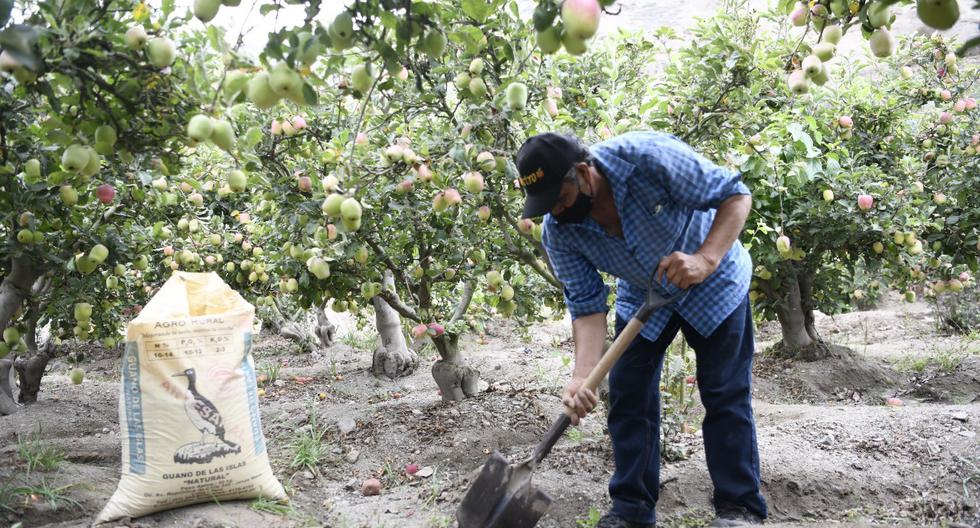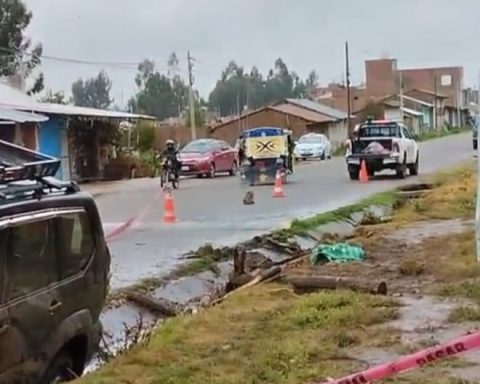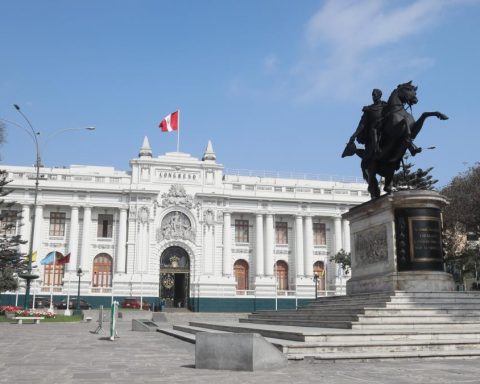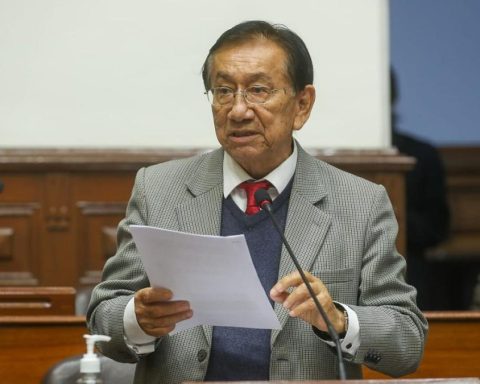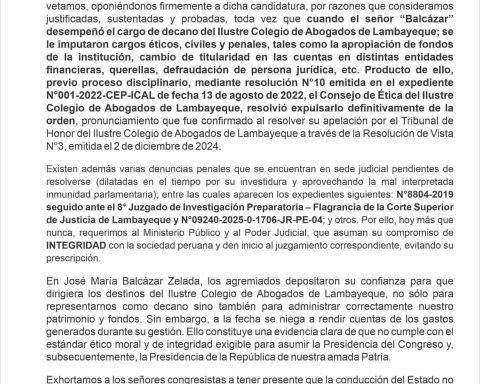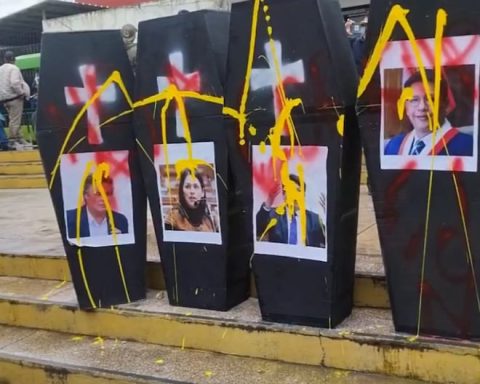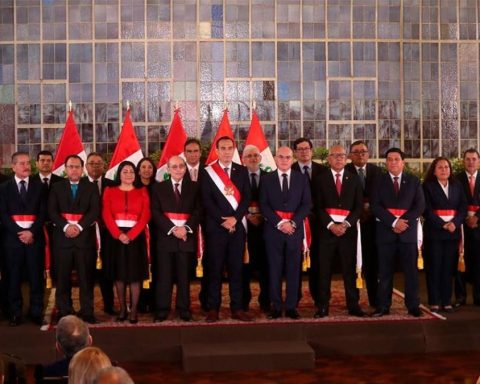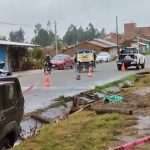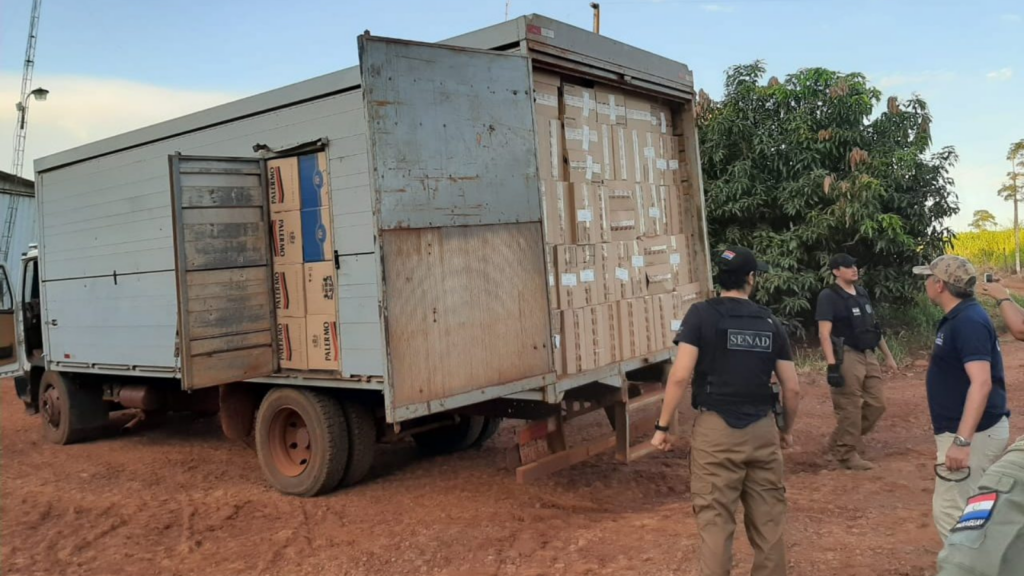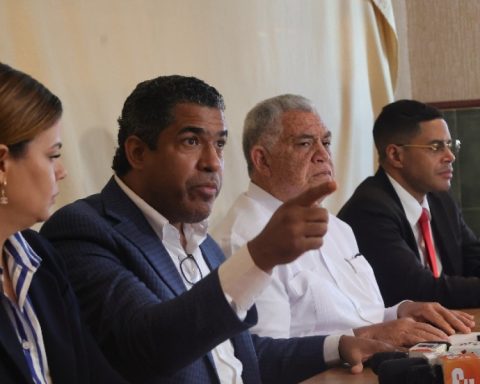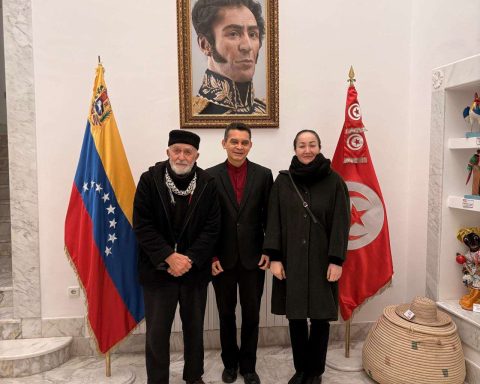The Council of Ministers approved this Wednesday the emergency decree that authorizes the Ministry of Agrarian Development and Irrigation of Peru (Midagri) the acquisition in the international market of nitrogenous fertilizer (urea) for S/ 348.8 million, whose input will be distributed to organizations and individual agricultural producers.
According to the Minister of Agrarian Development and Irrigation, Oscar Zea, in this way decisive support will be provided to small producers to carry out the 2022-2023 agricultural campaign, in the face of the harsh impact generated by the international rise in agricultural inputs, such as fertilizers.
He pointed out that Midagri will make the acquisition through the Rural Agricultural Productive Development Program (Agro Rural), which will make this purchase until next August 15. Thus, this dependency of the sector will be in charge of the acquisition, distribution and channeling to the producers of the field, in order to face the critical moment caused by the international context.
LOOK: Finland and Sweden formalized NATO candidacy and Ukraine prosecutes a Russian soldier
Who will be the beneficiaries?
According to the norm, the beneficiaries will be the organizations of agrarian producers and agrarian producers that have or represent agricultural units of up to five hectares, and are included in the Register of Agricultural Producers, created through the Fifth Final Complementary Provision of Law No. #30987.
Likewise, in the case of producer organizations, it is specified that they must have registration with the National Superintendence of Public Registries (Sunarp) or be recognized by a competent authority, as appropriate.
In addition, the minister said that among the producer organizations that will benefit from the scope of the emergency decree are associations of water users, agricultural and communal cooperatives, peasant or native communities, consortiums of agricultural producers, among others. .
He specified that the measure adopted by the Government is made within the framework of the emergency declaration of the agricultural and irrigation sector at the national level due to the effects of COVID-19 and the increase in the prices of agricultural inputs in the world, aggravated by the international conflicts that impact agriculture, the national economy and food security.
Zea stressed that farmers are currently facing a scenario of shortages and a sustained increase in the price of nitrogenous fertilizers, which puts at risk the national production of food for national consumption and export, food security and the economic well-being of family farming. .
“In this sense, the Executive Power is taking measures according to the needs of Peruvian producers.“, accurate.
He indicated that this situation is generated by the global energy crisis, which has been reflected in the increase in the international price of crude oil and natural gas, which impacts the cost of production and transportation of fertilizers and logistical, economic and commercial restrictions. of the main exporting countries, the latter being greatly exacerbated by the war between Russia and Ukraine.
Fertilizer distribution
The Midagri indicated that the amount of fertilizer will be determined according to the number of hectares that it drives and the type of crop that is planted. In this sense, producers of up to one hectare (ha) will access up to five bags of fertilizer, those of one to two ha, up to 10 bags; from two to three ha, up to 15 bags; from three to four ha, up to 20 bags; and from four to five ha, up to 25 bags.
Likewise, it will report quarterly to the Budget and General Accounts Commission of the Republic of Congress on the progress and execution of the acquisitions authorized by this Emergency Decree, which will be valid until December 31, 2022.
The rule indicates that if an agricultural producer accesses the benefit individually, they cannot do so, in addition to collectively, through a producer organization and vice versa.
